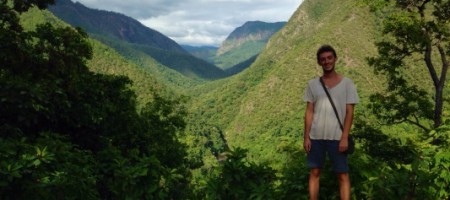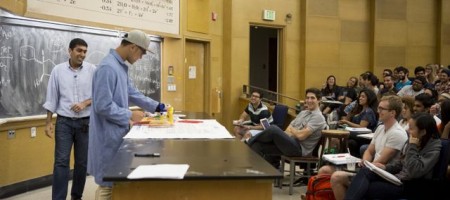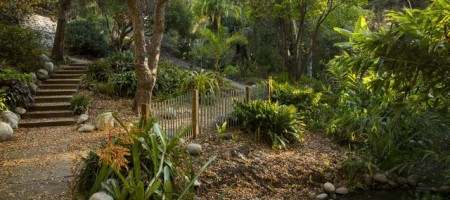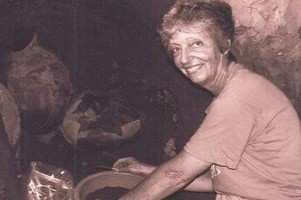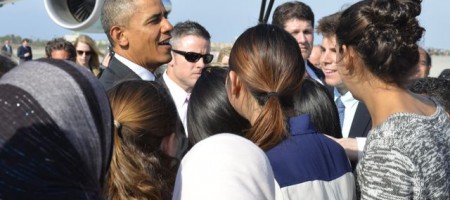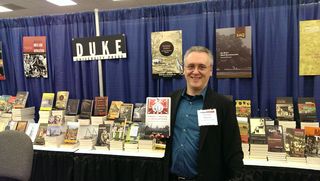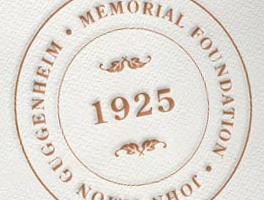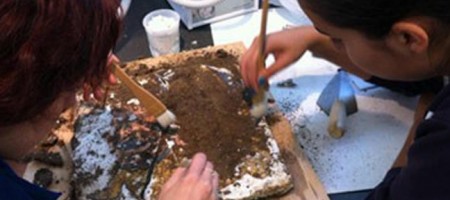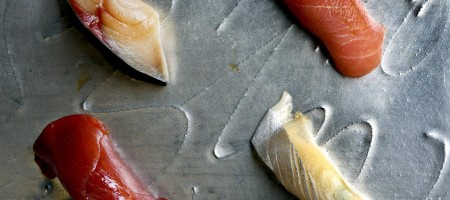Social Science students travel the globe in the name of research
UCLA Geography and Political Science student Logan Linnane isn’t having a typical summer.
The fourth-year student is spending his break in the communities that border the Ban Mai Nai Soi refugee camp in Northern Thailand, where a diverse group of international organizations provides aid to Karenni refugees from Myanmar.
The recipient of an Irving and Jean Stone Research Award, Linnane is conducting original research on the vocational environmental education programs made available to refugees by aid organizations. The field work is enabling him to explore the effectiveness of these environmental education programs from the perspectives of those they seek to serve.
This kind of opportunity is a key facet of a revolution unfolding within higher educational practice that Honors Program Assistant Vice Provost G. Jennifer Wilson characterizes as “teaching people to become the thing you want them to learn, rather than telling them what you want them to learn.”
While the UCLA College Honors Program distributes its summer stipends to 22 honors students throughout the College, Wilson says that students in the social sciences are particularly well prepared by their faculty to write and conduct compelling research proposals. They make up a large proportion of grantees each year. Seven students traveled abroad this year, including to Iran, China and Germany.
While Linnane’s research is connected to his Honors Thesis, he’s also thinking of the broader impact. He hopes that his work “will serve as a potential resource for environmental organizations as they continue to adjust and improve the curricula for programs that serve communities of displaced people.”
Professor Eric Sheppard, Linnane’s faculty advisor in the Geography Department, said the research his student is doing this summer is furthering Western scholars’ understanding of Myanmar and the topic of refugees in general.
Recipients must be part of the College Honors Program or a departmental honors program. Preparation is intense: students work closely with a faculty advisor and are required to gain Internal Review Board approval, a process most students don’t encounter until the graduate level.
But the hard work is worth it.
“It’s easy to sit on campus and dream about working in the developing world, but planning a project and living amongst the communities you strive to work with is truly the only way to even remotely understand what a career in development entails,” Linnane said.
Sheppard personally meets with his undergraduate researchers several times to help them develop appropriate research questions and methodologies.
“We talk about whether they need language skills and how to acquire these,” he said. “We discuss the country itself so they appreciate what they will be faced with. We set up a procedure for adjusting the research design if necessary. I also discuss with them basic travel preparations such as vaccinations, medicines to have with them, travel insurance, and what to do in an emergency.”
Honors Program research stipends are supported by four private donors. Despite this generous support, the need is growing as global knowledge becomes increasingly important.
“All undergraduates need to broaden their understanding of and perspective on the world if they are to become thoughtful world citizens,” Sheppard said. “The opportunity to do research on the ground, to be thrown into a situation where you work with locals and learn their views, is a vital opportunity that should be utilized more than it is.”


